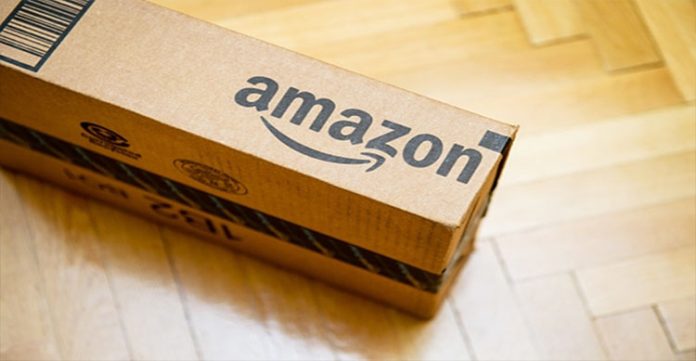International news agency Reuters has accused Amazon.com of stealing the product design and specifications of other sellers’ products and selling it under its own brand name, Solimo, in India and now in the United States too.
The multimillion-dollar company has often witnessed itself in the dock as allegations of copying products from its website and using its internal data in a way to boost its sales even if it meant throwing off different sellers’ sales off the chart.
Though Amazon has constantly denied the accusations with its founder Jeff Bezos even testified in 2020 that the organization prohibits its employees from using the internal data to scale up its private label business.
However, the documents attained by Reuters have a different story to narrate. The news agency got hold of thousands of pages of internal documents of Amazon along with strategy papers, business plan blueprints, emails and others that clearly demarcate the company’s strategic action plan of creating knockoffs and rigging the search result to present findings- all to highlight its own brand products in India as the nation is one of Amazon’s largest growth markets with hundreds of thousands of customers.
ALSO READ: Amazon accused of copying Indian sellers’ products, offering under own brand name
As per the documents retrieved, in India, Amazon secretly exploited the internal data from its website and copied other companies’ products. The private-brands team then got the same items manufactured and sold under its label on Amazon.in.
The sales of these products were also deceivingly boosted by hampering the customer search results to allow its own brand items to appear first- more precisely “in the first 2 or 3 search results”- according to a strategy report from 2016.
While Amazon has targeted several Indian companies in its endeavor to copy products, one of its victims was John Miller, a popular shirt brand. The documents state that Amazon decided to “follow the measurements of” John Miller shirts till the neck circumference and sleeve length.
By exploiting its internal and proprietary data of other sellers on its website, Amazon employees worked to extract information about returns to identify and target goods. They called these the “reference” or “benchmark” products so that they “replicate” the same.
Solimo was launched in the same year 2016. Created especially for the Indian market, Amazon’s strategy with this was plain- “Use information from Amazon.in to develop products and then leverage the Amazon.in platform to market these products to our customers.”
The household and health products sold under the Solimo brand name are now also available in US through Amazon.com after securing success in India.
The company also decided to collaborate with the manufacturers of these target products as they realized that the makers use “unique processes which impact the end quality of the product”.
The Solimo project in India has had an international effect: scores of Solimo-branded health and household products are now offered for sale on Amazon’s United States website, Amazon.com.
ALSO READ: Amazon Aims To Bridge Digital Divide For Marginalised Communities In India With “Delivering Smiles”
Calling the subject matter expertise of such manufacturers as “Tribal Knowledge”, a document named “India Private Brands Program” mentions- “It is difficult to develop this expertise across products and hence, to ensure that we are able to fully match quality with our reference product, we decided to only partner with the manufacturers of our reference product.”
Denying the accusations again without reacting to the questions Reuters asked about the evidence supporting its statement of Amazon copying other sellers’ products, the company said simply said, “As Reuters hasn’t shared the documents or their provenance with us, we are unable to confirm the veracity or otherwise of the information and claims as stated. We believe these claims are factually incorrect and unsubstantiated.”
This newfound evidence against Amazon is expected to aggravate the legal cases it is facing.


